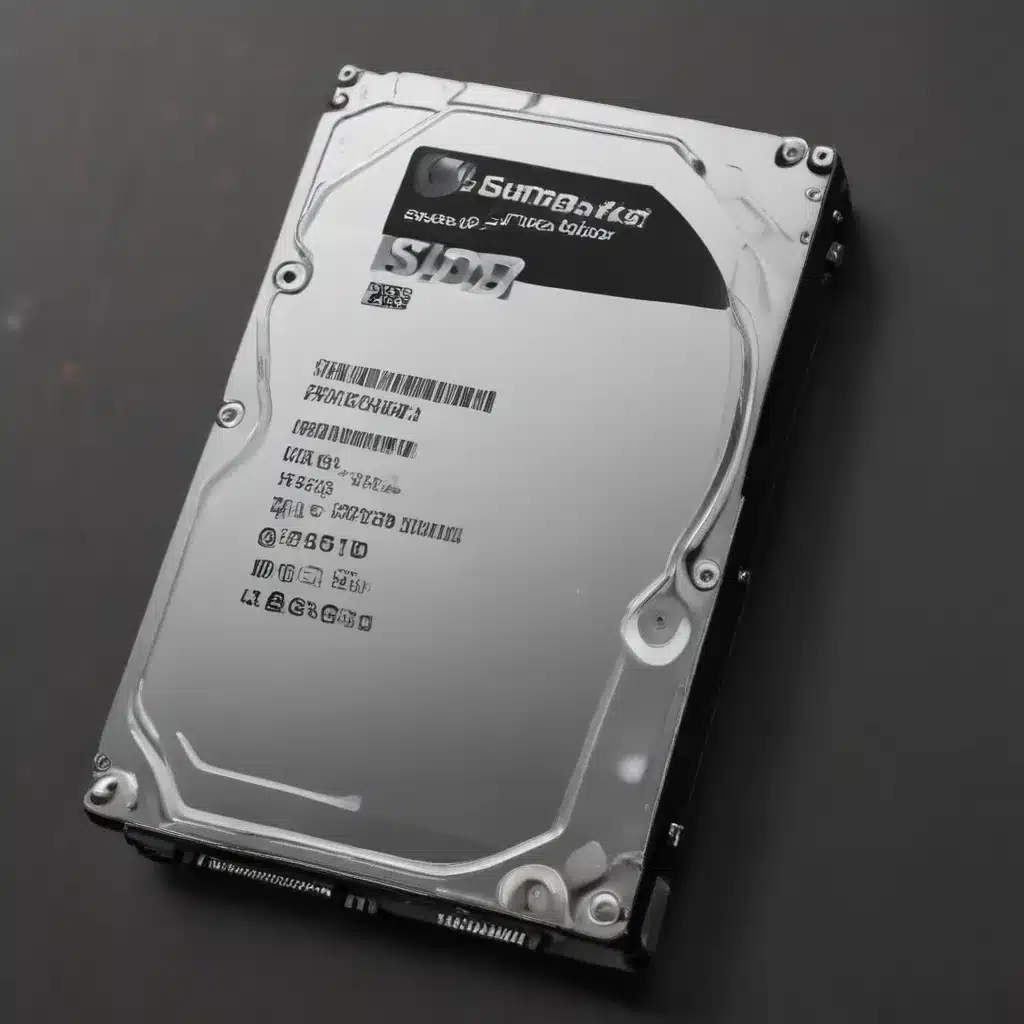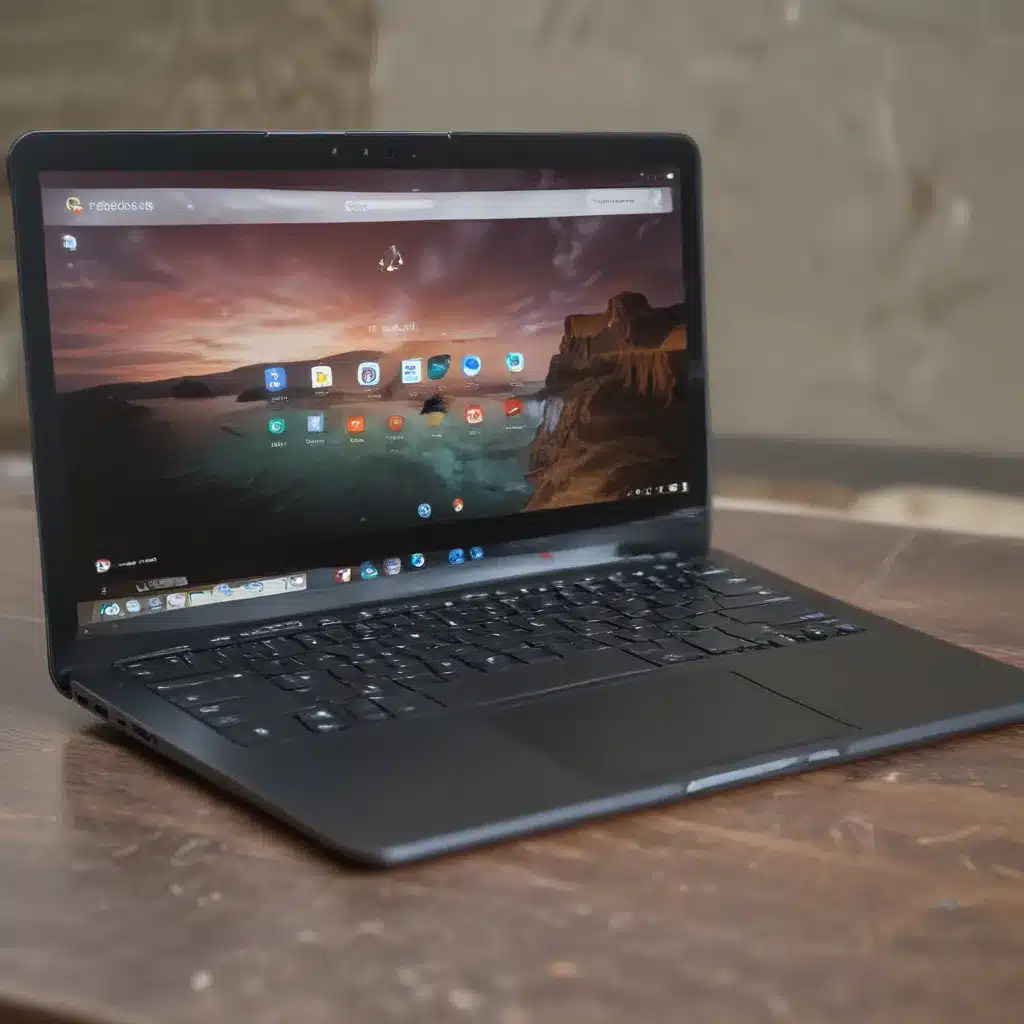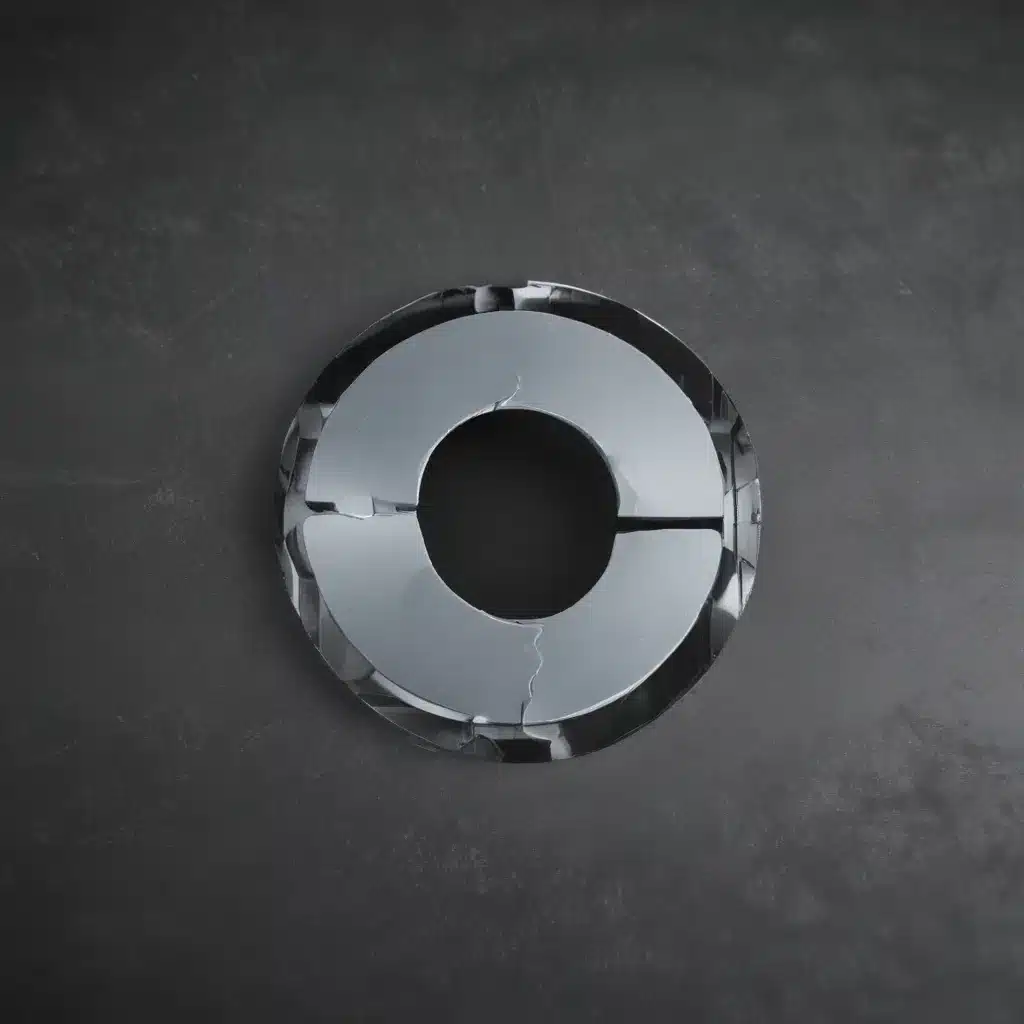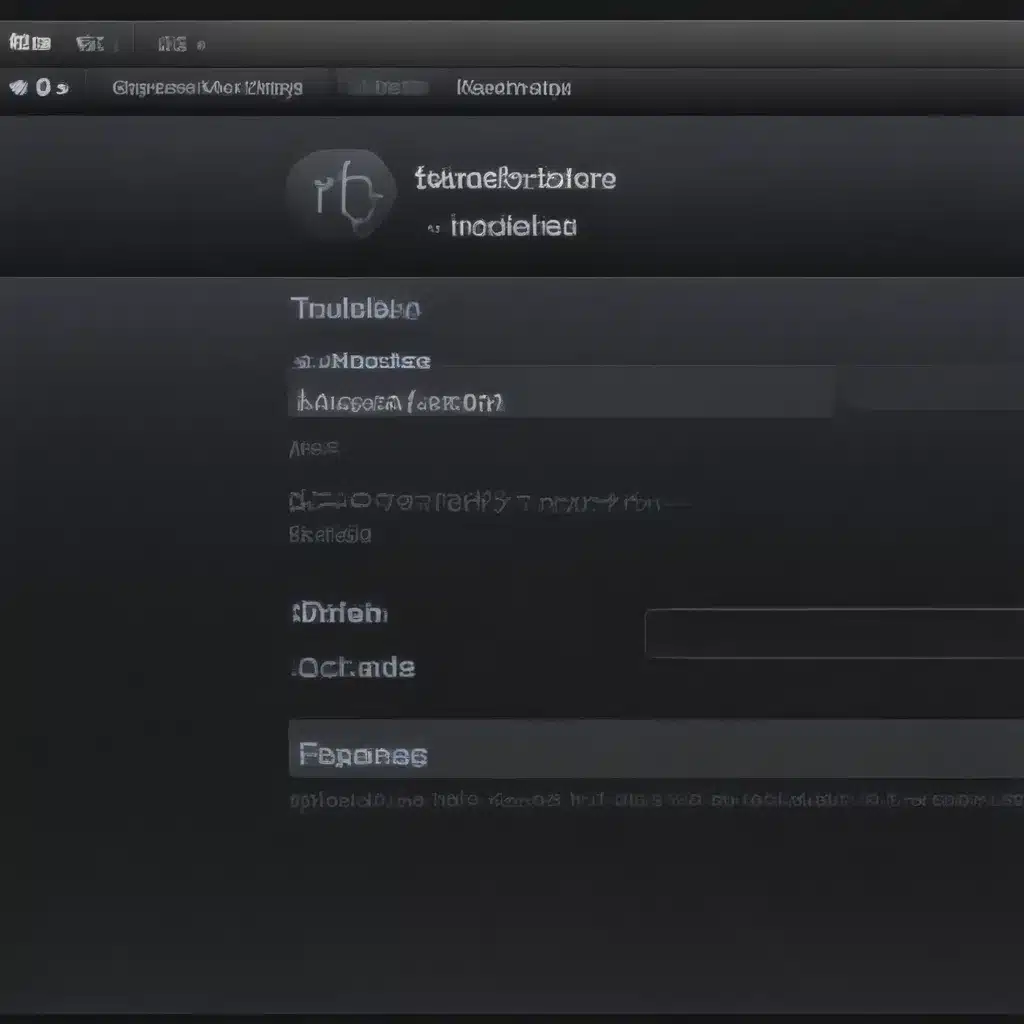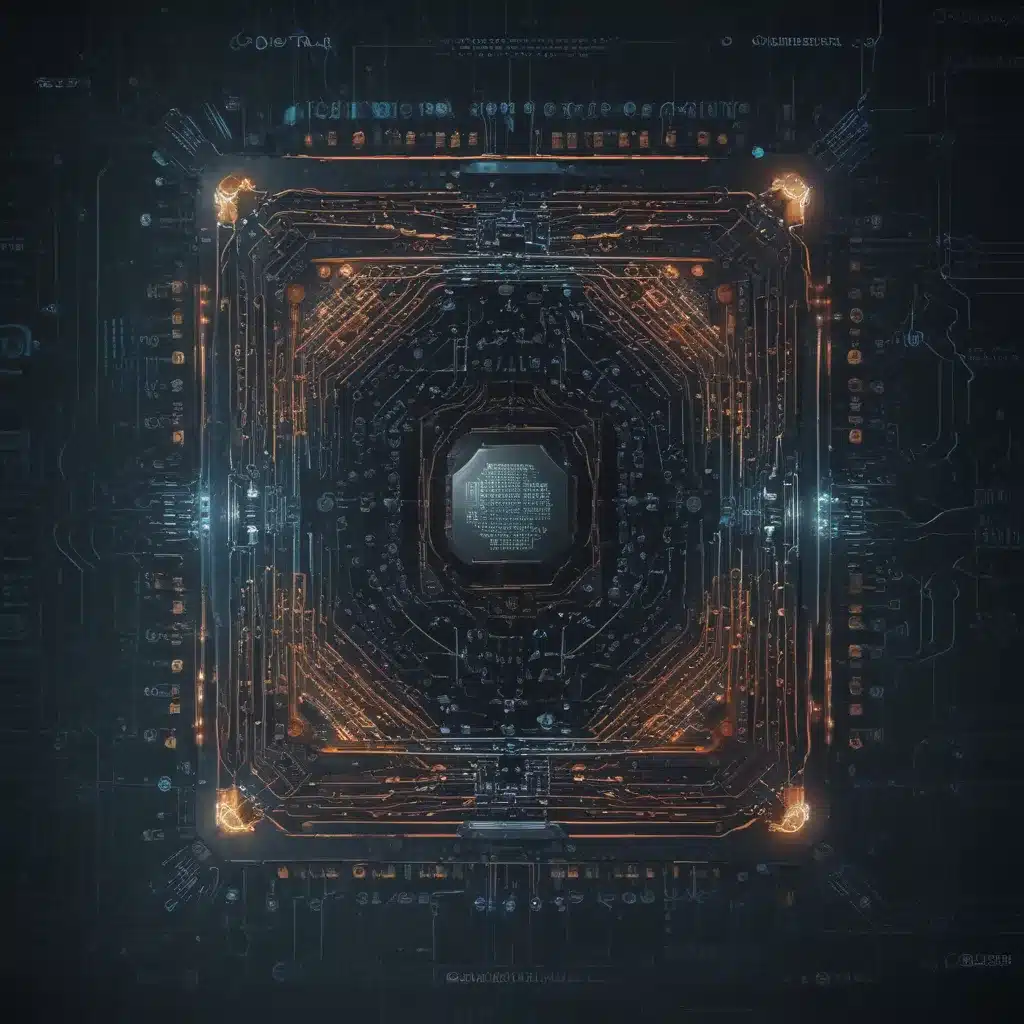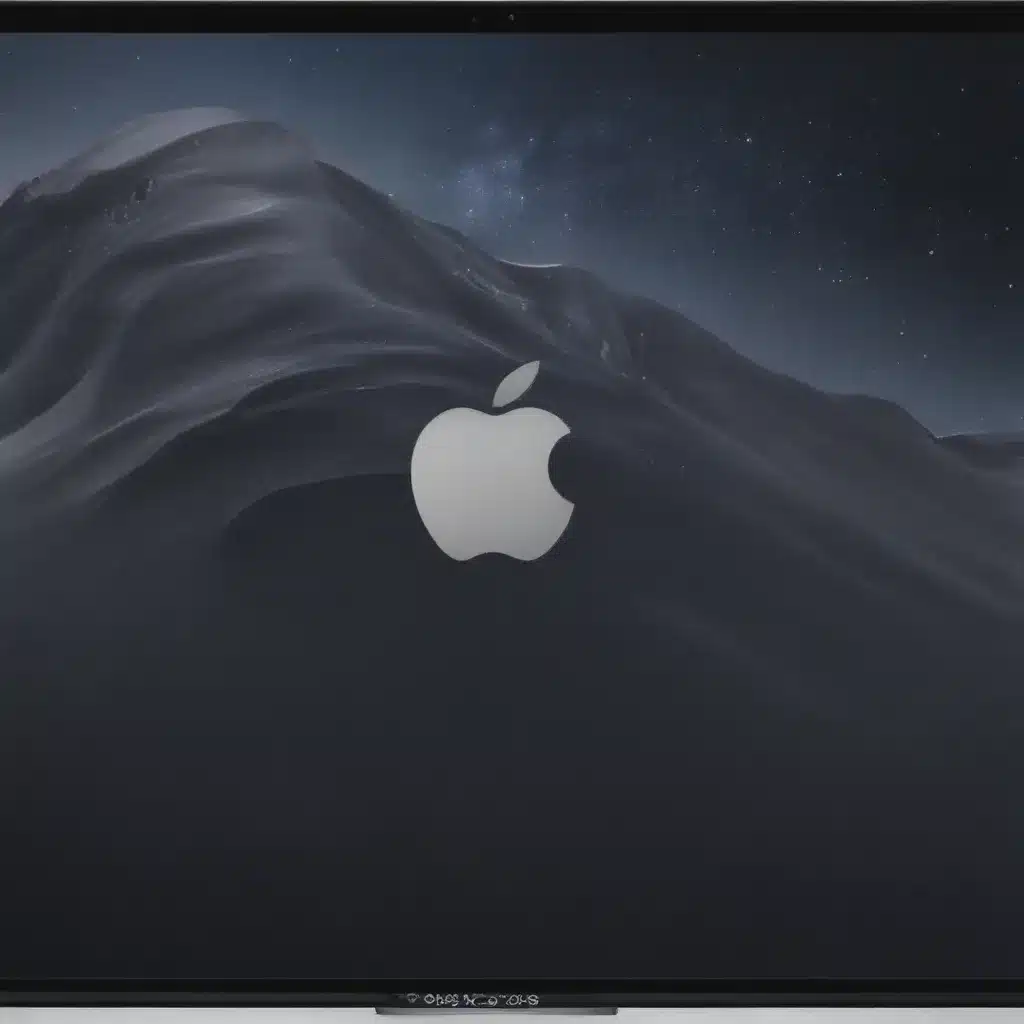SSD vs HDD – Which Storage Upgrade Is Best in 2024?
Are you feeling overwhelmed by the constant stream of new storage technologies and wondering which one is best for your needs in 2024? Fear not, fellow tech enthusiast! I’m here to guide you through the age-old battle between solid-state drives (SSDs) and good ol’ hard disk drives (HDDs), and help you determine which storage upgrade is the perfect fit for your computing adventures.
Let’s dive in, shall we? Imagine you’re standing in a tech superstore, gazing at rows upon rows of shiny, tantalizing storage options. On one side, you have the sleek and lightning-fast SSDs, promising instant gratification with their blazing-fast read and write speeds. On the other, the trusty HDDs, offering massive storage capacities at a fraction of the cost. It’s like choosing between a Ferrari and a sturdy old pickup truck – both have their merits, but which one will get you to your destination in style and comfort?
Well, my friends, the answer is not as simple as you might think. It all comes down to your specific needs and preferences. Are you a data hoarder who craves terabytes of storage space? Or are you a performance junkie who demands the absolute fastest access times? Perhaps you’re a bit of both, a tech-savvy hybrid who wants the perfect balance of speed and capacity.
Let’s start by taking a closer look at the pros and cons of each storage option.
The Solid-State Drive (SSD) Advantage
SSDs have been making waves in the tech world, and for good reason. These bad boys are the superheroes of storage, boasting lightning-fast read and write speeds that put traditional HDDs to shame. [1] In fact, the latest SSD technology can offer random 4K read speeds of up to 58.28 MBps, leaving the M1 Air and 14″ MacBook Pro in the dust. [5]
But the performance benefits of SSDs don’t stop there. These little marvels are also incredibly reliable, with no moving parts to worry about. No more hearing that dreaded “click of death” from your HDD, frantically praying that your precious data hasn’t been lost to the tech gods. [6] And let’s not forget the added bonus of instant data access – no more waiting for those long boot-up times or sluggish file transfers.
Of course, with great power comes great responsibility, or in this case, a heftier price tag. SSDs still tend to be more expensive per gigabyte compared to their HDD counterparts. [4] But as technology continues to advance, the cost gap is slowly but surely closing.
The Enduring Allure of the Hard Disk Drive (HDD)
Now, don’t count out the humble HDD just yet. These old-school storage devices still have a lot to offer, especially when it comes to sheer capacity and cost-effectiveness. [2] Think about it – for the price of a single high-capacity SSD, you could snag a whole fleet of HDDs, each one packing terabytes of storage space.
And let’s not forget the long-term reliability of HDDs. While SSDs may have the upper hand in terms of shock and vibration resistance, HDDs have proven to be remarkably durable over the years. [3] Sure, they may not be as lightning-fast as their SSD counterparts, but for many everyday tasks, the difference in performance is barely noticeable.
But here’s the kicker: HDDs also excel at something SSDs struggle with – long-term data archiving. [3] Imagine your precious family photos, lovingly curated over the years, entrusted to the care of a trusty HDD. These storage workhorses are built to withstand the test of time, making them the ideal choice for those who need to preserve their digital legacies for years to come.
The Hybrid Approach: Striking the Perfect Balance
Now, you’re probably thinking, “But wait, can’t I just have the best of both worlds?” and you’d be absolutely right. The answer to the SSD vs. HDD conundrum often lies in a hybrid approach.
Many modern storage systems, including those found in high-end servers and workstations, utilize a tiered storage strategy. [4] The idea is simple: keep your most frequently accessed data on lightning-fast SSDs, while relegating your less active files to the cavernous depths of HDD storage. This way, you get the best of both worlds – the blazing-fast performance of SSDs for your day-to-day tasks, and the sheer capacity and cost-effectiveness of HDDs for your long-term data storage needs.
Of course, implementing a hybrid storage setup can be a bit more complex than just throwing a bunch of drives into your machine. You’ll need to carefully consider factors like file system optimization, caching algorithms, and RAID configurations to ensure maximum efficiency and reliability. But trust me, when you see your computer boot up in the blink of an eye and your massive video projects fly through the export process, all the effort will be worth it.
So, to answer the original question: Which storage upgrade is best in 2024? The answer, my friends, is that there is no one-size-fits-all solution. It all comes down to your specific needs, budget, and performance requirements. But with a little bit of research, a touch of tech-savvy, and a healthy dose of open-mindedness, you can find the perfect storage setup to power your computing adventures well into the future.
Happy upgrading, my fellow tech enthusiasts! May your data flourish, your boot times be swift, and your storage woes be forever banished.
[1] https://www.pcmag.com/news/ssd-vs-hdd-whats-the-difference
[2] https://www.truenas.com/community/threads/ssds-vs-nas-hdds-considering-july-2023-ssd-prices.111463/
[3] https://www.reddit.com/r/DataHoarder/comments/zpt6es/long_term_storage_ssds_vs_hdd/
[4] https://serverfault.com/questions/986772/ssd-or-hdd-for-server
[5] https://www.reddit.com/r/mac/comments/wskqgz/please_stop_blindly_telling_people_to_upgrade_the/
[6] https://forum.proxmox.com/threads/should-i-install-proxmox-on-ssd-or-hdd.105239/

